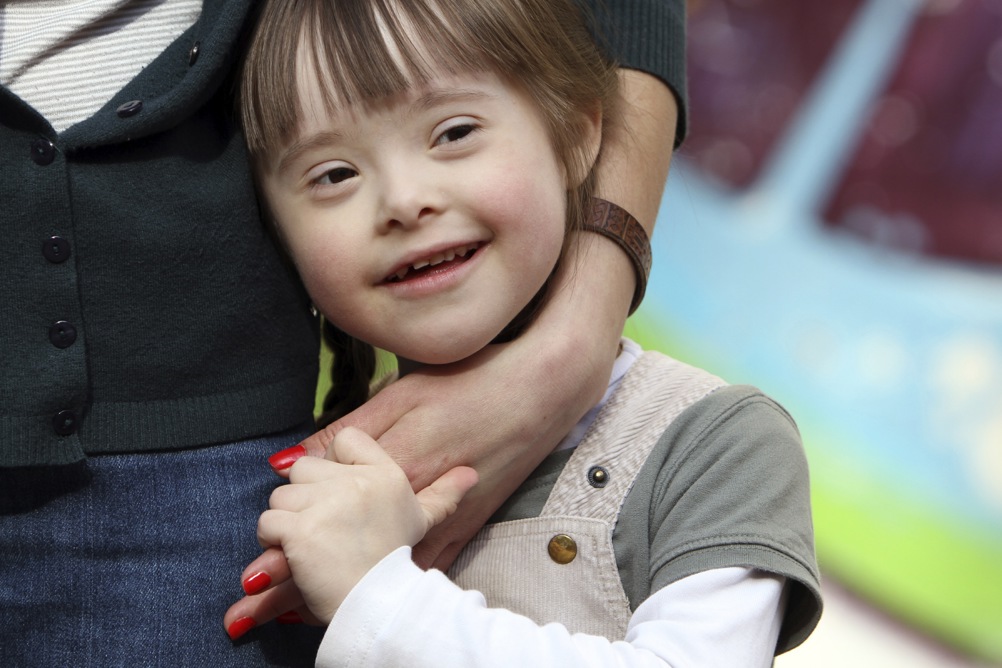
Ministers have decided to amend legislation to raise the maximum amount that parents of disabled children can pay into their childcare accounts, in recognition of the higher childcare costs families face.
Campaigners had called for the change during the Government’s consultation on the plans and at the committee stage of the Childcare Payments Bill, which was passed in December.
Tax-free childcare will be introduced in autumn this year. Under the scheme the Government will contribute 20 per cent of the cost of each child's childcare, up to a maximum of £2,000 per child per year.
For accounts for disabled children, the maximum payment for a standard three-month entitlement period will be doubled to £4,000. This means that a parent with a disabled child will be able to pay up to £16,000 into their childcare account per year and receive top-up payments of up to £4,000.
Register now to continue reading
Thank you for visiting Nursery World and making use of our archive of more than 35,000 expert features, subject guides, case studies and policy updates. Why not register today and enjoy the following great benefits:
What's included
-
Free access to 4 subscriber-only articles per month
-
Unlimited access to news and opinion
-
Email newsletter providing activity ideas, best practice and breaking news
Already have an account? Sign in here









